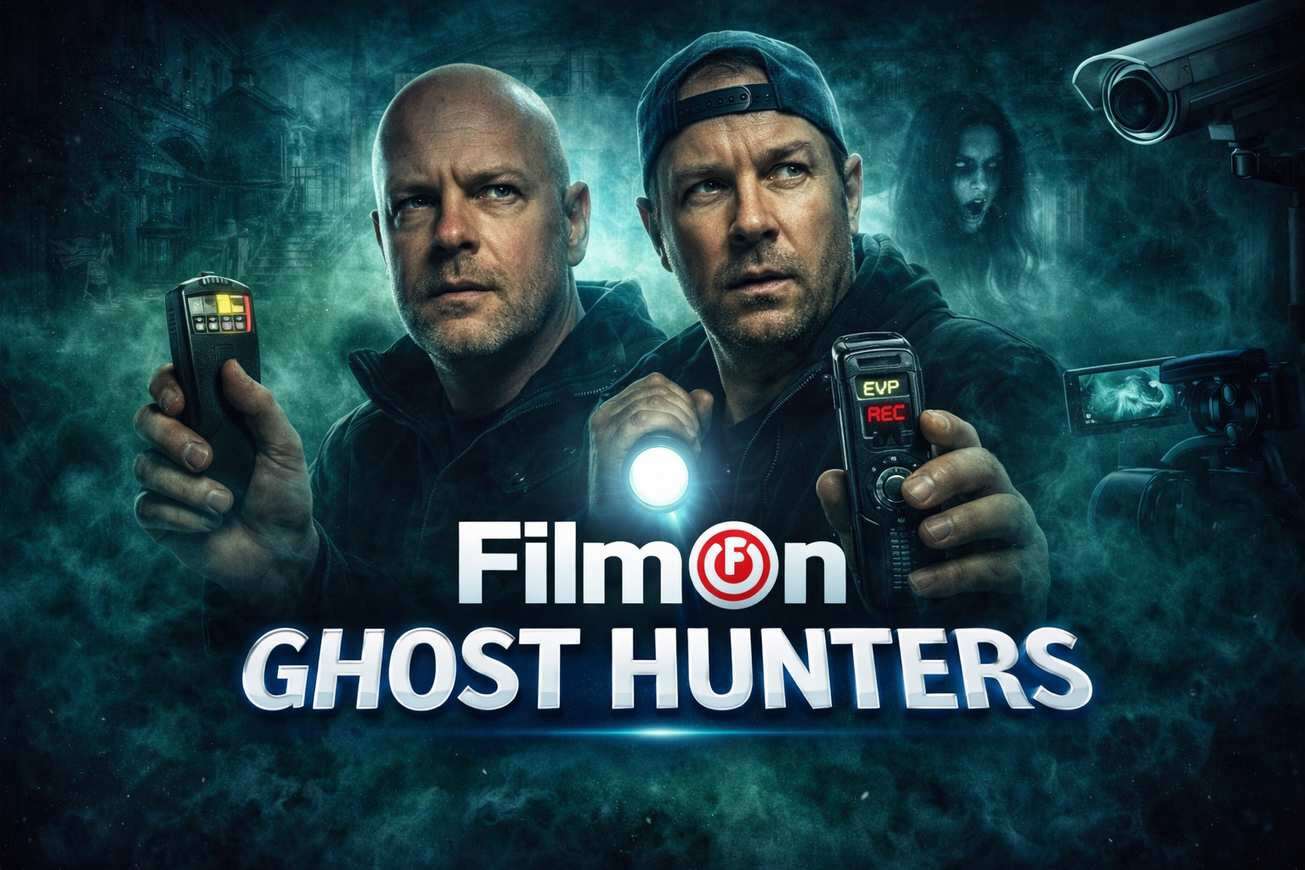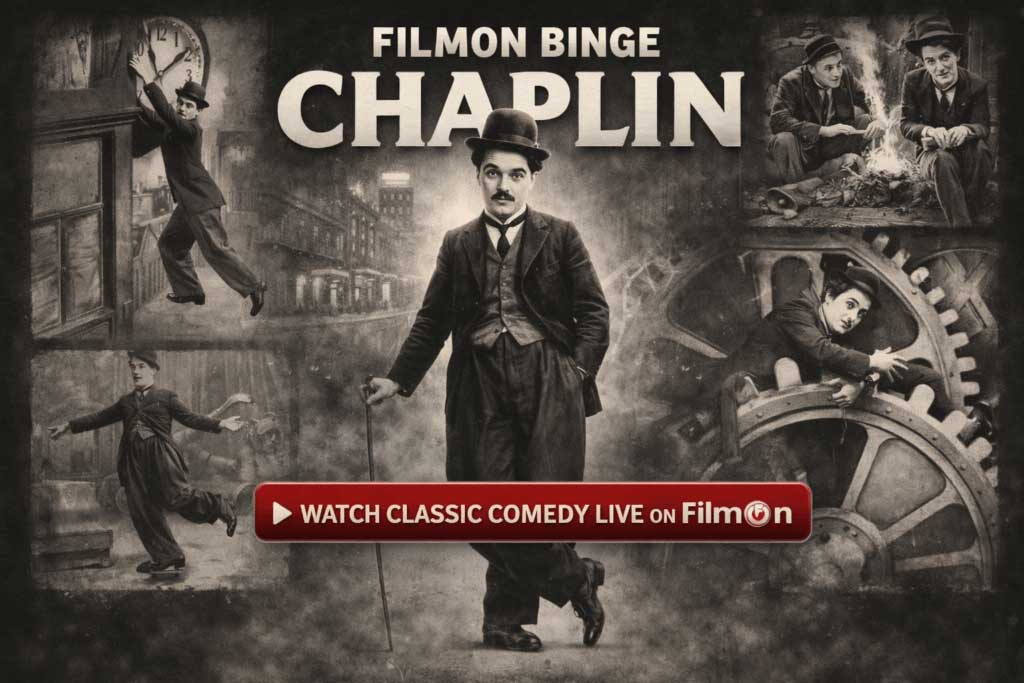Daniel Naroditsky, a standard-bearer in the world of competitive chess, passed away on Monday at the age of 29. He left behind a remarkable legacy, significantly shaping the digital evolution of the game during the COVID-19 pandemic.
The American grandmaster garnered numerous championships and attracted hundreds of thousands of subscribers across platforms like YouTube and Twitch, where he livestreamed matches and shared strategic insights. However, his career was marred by struggles that arose from the very online chess ecosystem he helped popularize.
As fast-paced chess games surged in popularity during the pandemic, the community faced a wave of cheating allegations amid rising concerns about unfair advantages gained through sophisticated computer programs. Naroditsky's tragic demise has highlighted the darker aspects of competitive chess, exposing the undue scrutiny and animosity that troubled him in his closing months.
Though the cause of death remains undisclosed, Naroditsky had been battling unsubstantiated cheating accusations from fellow grandmaster Vladimir Kramnik, which he publicly addressed. In the final livestream before his passing, he reflected on the weight of these allegations: Ever since the Kramnik stuff, I feel like if I start doing well, people assume the worst of intentions.
Many in the chess community praised him as a respected ambassador for the game, emphasizing his role in making chess accessible and enjoyable for others. In a family statement, they expressed hopes that Naroditsky would be remembered for the joy he brought to many.
Becoming a grandmaster at just 18, Naroditsky consistently ranked among the top players worldwide and won the U.S. National Blitz Championship just months before his death. He dedicated much of his time to mentoring young talents in Charlotte, North Carolina. Daniel Weissbarth, a co-owner of Silver Knights Chess Academy, noted his exceptional teaching abilities, stating, Daniel was an incredible teacher and explainer of chess and concepts and ideas. In tribute to his contributions, the International Chess Federation plans to establish a prize in his name.
While Naroditsky's death could not have come at a more tumultuous time, many professionals are advocating for an end to the blame culture regarding cheating. Kenneth Regan, an international master and computer science professor, highlighted that cheating rates online have skyrocketed, making it a pressing issue for the chess community.
Despite these challenges, Naroditsky's final video prior to his death demonstrated his commitment to the game. He engaged viewers with practical advice and relatability, making chess approachable for various skill levels. His participation in the digital chess movement, alongside contemporaries like Hikaru Nakamura and Magnus Carlsen, played a crucial role in broadening the game's appeal to a global audience.
As tributes continue to pour in, many remember Naroditsky fondly. John Hartmann, editor of Chess Life magazine, reflected on the impact of streamers like Naroditsky in introducing new players to the chess world, reinforcing the profound and lasting influence he has had on both the game and its community.





















